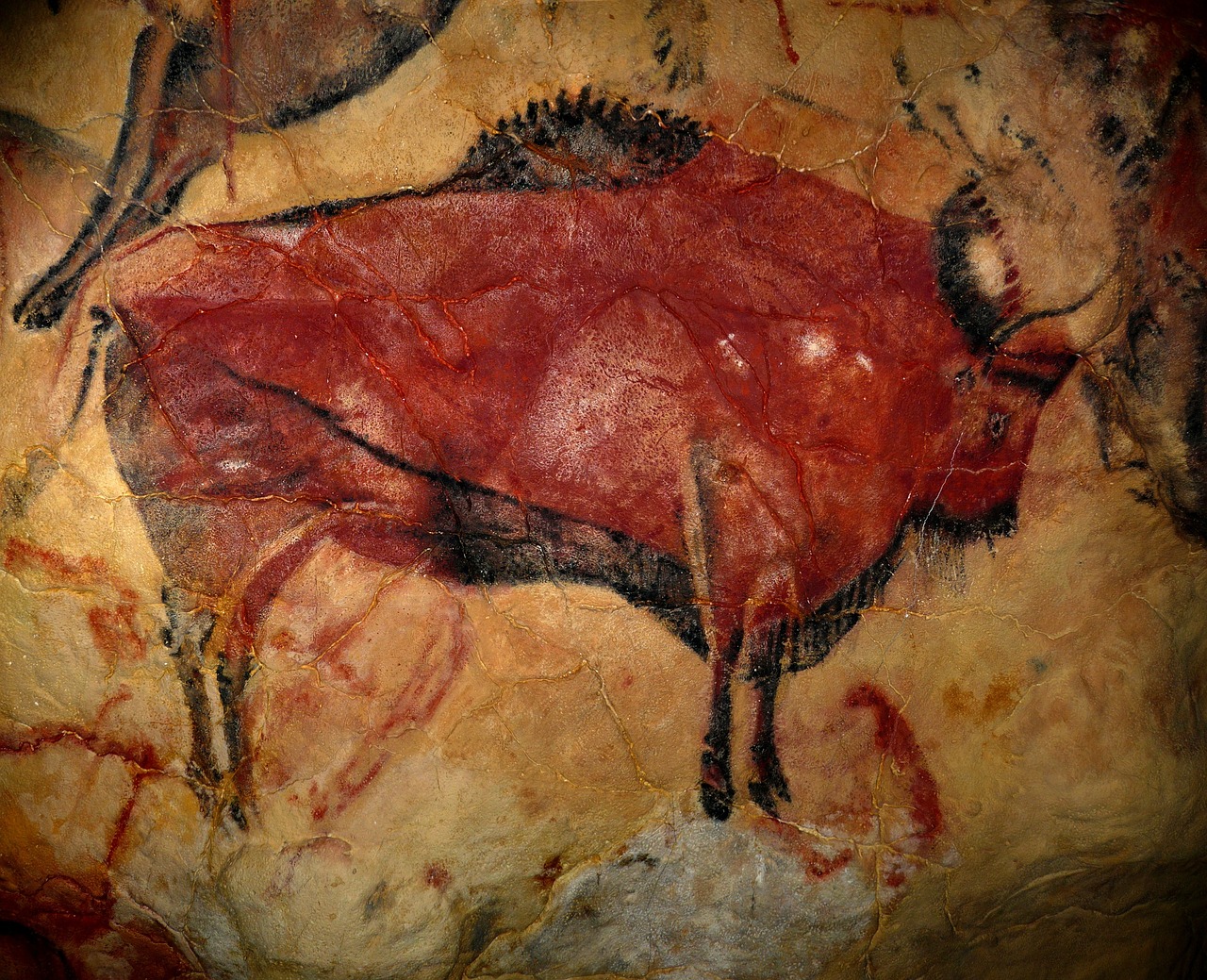This is a post in our series highlighting the units that comprise the MA Environmental Humanities, taught by members of the Centre. This post introduces Animal Planet, taught by Dr Michael Malay.
‘How did different societies think about animals?’, ‘What is it like to be bat?’, ‘And how might we live more skilfully alongside our animal neighbours?’ These are some of the questions we have been thinking about this year, as part of the English department’s Animal Planet module. Established in 2016, the unit is taught by lecturers from across the department, and our specialisms cover a range of interests and periods – from medieval bestiaries and allegorical texts, to Romantic and Victorian representations of animal life. The unit thus considers a broad sweep of human history, a perspective that allows us to explore major developments regarding human relations with animals. At the same time, it also explores how animals have moved and inspired – and sometimes terrified and bewildered – writers from particular periods, by offering close readings of their work and the work of their contemporaries.
Our current relations with animals, it probably goes without saying, are often deeply exploitive and highly instrumentalised. Part of the aim of this course, then, is to develop a critical perspective of human-animal relations, by way of giving students a better understanding of the assumptions and underlying ideas that have marked animals off as ‘other’ or ‘lesser’. In one of our seminars, for example, we read J. M. Coetzee’s The Lives of Animals, a novella which powerfully challenges the historical exclusion of animals from circles of care and compassion; and, in another seminar, we read essays by Mary Midgley and Cora Diamond, in order to think about the particular cultural and philosophical ideas that have induced us to see animals in a particular way. During the year, we also read other classic texts in the field of ‘animal studies’, including Hermann Melville’s Moby-Dick, and try to answer some fundamental questions such as: ‘what would a truly ethical relationship with animals look like?’ and ‘is it possible to represent them in a way that doesn’t distort the singularity of their lives?’
Animal Planet is now part of the MA Environmental Humanities, and we are looking forward to welcoming new students to the course.

A bison from the Altamira cave / janeb13 on Pixabay
We spoke to the unit convenor, Dr Michael Malay about what he is looking forward to when teaching Animal Planet next year:
What excites you most about this unit?
The breadth of this course is a little dizzying – students start with medieval bestiaries and end with recent work in British nature writing. And yet what stops this course from being a general (and perhaps even bland) survey, is the fact that our tutors are specialists in their field, which means that students go into real depth with each seminar. In one seminar, for example, students are asked to imaginatively enter the lives of other animals – and are guided in this task by the writer Dr Mimi Thebo, whose fascinating novel, Dreaming the Bear, is one of our set texts. Or, in another seminar on ‘Victorian representations of animals’, students are taught by someone who is writing a book about the appearance of bees in Victorian novels and poems. So, in addition to breadth, the unit does a good job of engaging with particularity – and I think it’s this combination of historical comprehensiveness and aesthetic depth that makes this course so distinctive.

How does this unit speak to your research?
I’ve recently completed a book called Late Light, which is about the lives of ‘unloved’ animals that are also endangered. In the course of writing this book, I was also regularly teaching on Animal Planet, and there were moments when, after a seminar with students, I would have a new idea about the book – or a different sense of how I might approach the writing. For instance, there’s a fascinating passage from The Lives of Animals, in which J. M Coetzee’s protagonist says that poets return the ‘living, electric being’ to language, and that’s always fascinated me, as well as spurred me on in terms of my research. How can scholars who write about animals make their language come alive – so that their ‘subjects’ are released rather than trapped in language – and how might this consideration enhance or enrich the kind of scholarship that we produce?
If you were recommending one thing to read, watch, listen to or do ahead of studying this course, what would it be?
J. M. Coetzee’s The Lives of Animals. Hands down one of the best things I’ve read about literature, philosophy and animal life.
Animal Planet is an optional course on our new MA in Environmental Humanities. You can find out more about the programme here.

